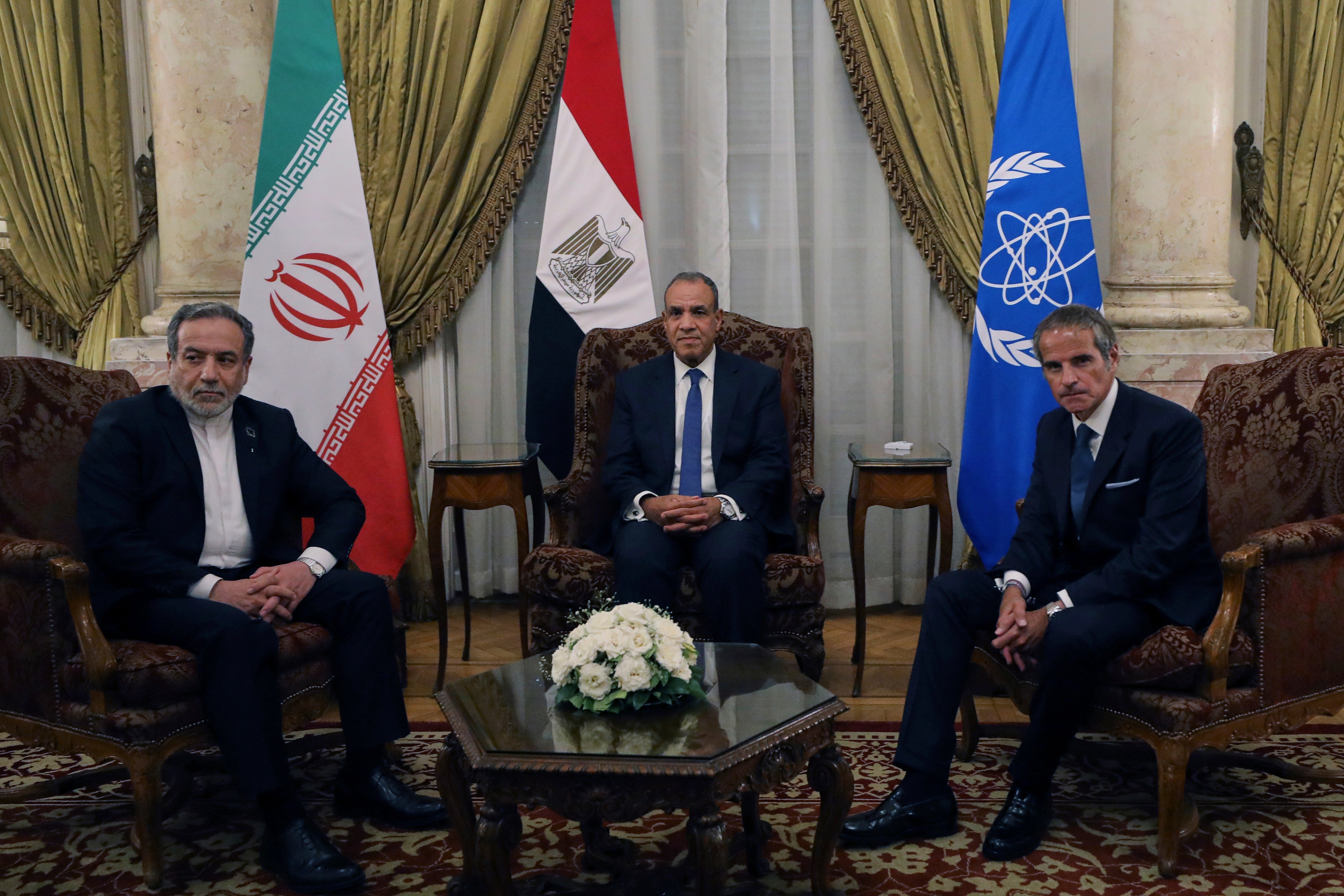Inspectors from the IAEA visited Iran’s nuclear sites last week, the foreign ministry said on Monday, a week after the UN nuclear watchdog urged Tehran to “seriously improve” cooperation.
The IAEA has conducted nearly a dozen inspections in Iran since the country was attacked by Israel in June but last week highlighted it hadn’t been given access to nuclear facilities at Fordow, Natanz and Isfahan, which were bombed by the US after it joined the war on Israel’s side.
“As long as we are a member of the NPT, we’ll abide by our commitments, and just last week IAEA inspectors visited several nuclear facilities, including the Tehran Research Reactor,” foreign …
Inspectors from the IAEA visited Iran’s nuclear sites last week, the foreign ministry said on Monday, a week after the UN nuclear watchdog urged Tehran to “seriously improve” cooperation.
The IAEA has conducted nearly a dozen inspections in Iran since the country was attacked by Israel in June but last week highlighted it hadn’t been given access to nuclear facilities at Fordow, Natanz and Isfahan, which were bombed by the US after it joined the war on Israel’s side.
“As long as we are a member of the NPT, we’ll abide by our commitments, and just last week IAEA inspectors visited several nuclear facilities, including the Tehran Research Reactor,” foreign ministry spokesperson Esmaeil Baghaei said, referring to the Treaty on the Non-Proliferation of Nuclear Weapons.
IAEA chief Rafael Grossi said last week that Iran must “seriously improve” cooperation with the agency’s inspectors to avoid heightening tensions with the West.
Iranian officials have blamed the IAEA for providing a justification for Israel’s bombing that sparked the 12-day war in June. The bombing began the day after the IAEA board voted to declare Iran in violation of obligations under the NPT.
Mr Baghaei’s comments on Monday were in response to Mr Grossi saying last week that Iran could not say it remained “within the non-proliferation of nuclear weapons treaty and then not comply with obligations”.

File. Iranian foreign minister Abbas Araghchi, left, and IAEA chief Rafael Grossi, right, with Egyptian foreign minister Badr Abdelatty in Cairo on 9 September 2025 (AP)
Following the Israeli and US attacks in June, Iran passed a law blocking IAEA inspectors from entering its nuclear facilities.
Access had already been steadily curtailed since 2018 when Donald Trump unilaterally withdrew his country from the Joint Comprehensive Plan of Action, or the Iran nuclear deal.
In a report released in May 2025, the IAEA acknowledged that it no longer had a continuous understanding of the status of Iran’s nuclear programme.
In early September, the IAEA and Iran reached a preliminary agreement allowing inspectors to resume onsite inspections.
The agreement covered Iran’s stockpiles of highly enriched uranium and all its nuclear sites and facilities, including those reportedly damaged in the American attack in June.